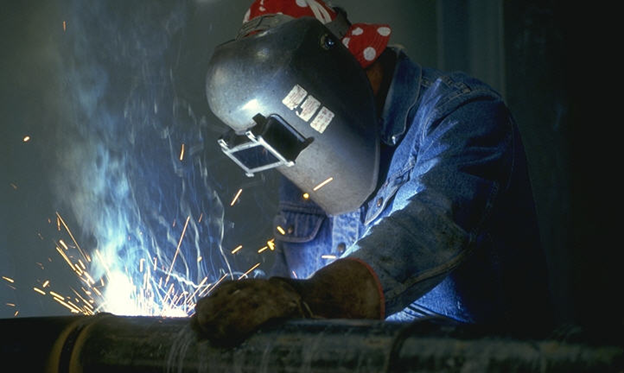The Future of Manufacturing
February 18, 2012 in Daily Bulletin

In The Atlantic Adam Davidson tells about a joke told in cotton country: “a modern textile mill employs only a man and a dog. The man is there to feed the dog, and the dog is there to keep the man away from the machines.” Davidson explores the past, present, and potential future of manufacturing in America in a comprehensive article with individual stories that really bring to heart the experiences of industry workers in the United States today. Highlights include:
- Contrary to popular perception the United States is likely the #1 manufacturer in the world although China might have very recently relegated the US to #2. American output has risen by a third in the past decade.
- But those employed in manufacturing have steadily dropped, as computers have begun to take over. Between 1999-2009 the United States lost all the manufacturing jobs it had created in the previous 70 years.
- The United States is still a big producer of manufactured goods because it has a reliable source of highly skilled workers in an industry where measurements that are off by the width of a human hair can spell disaster.
- This has led to two tiers of manufacturing jobs in the United States. Those which require highly developed skills and are likely to remain over the coming decades. And then there are those which don’t require much skill but remain in the United States…for now.
- Low skilled jobs might remain in the United States for several reasons. The machinery required to replace humans might be more expensive than hiring employees. Usually if a machine is not cheaper than a human worker over a two year period, the human is preferred. Or the cost of outsourcing might be too high – difficulties involved with working with Chinese companies and their government mean that outsourcing doesn’t take place unless the savings are at least 40% or more – and they often are.
- The industry already operates on single digit margins and it is unlikely that they’ll be able to retain the low-skilled workers as technology continues to advance.
To read more about what this all means for America’s future, why it is important that machine operators don’t use their own judgment, and the long-lost-days that were known as the “Great Compression” click here.
Source: The AtIlantic
Via: Marginal Revolution, Econfuture
Join the Discussion! (No Signup Required)